Sustainability
Naturally Sustainable Ethically Sourced Cashmere
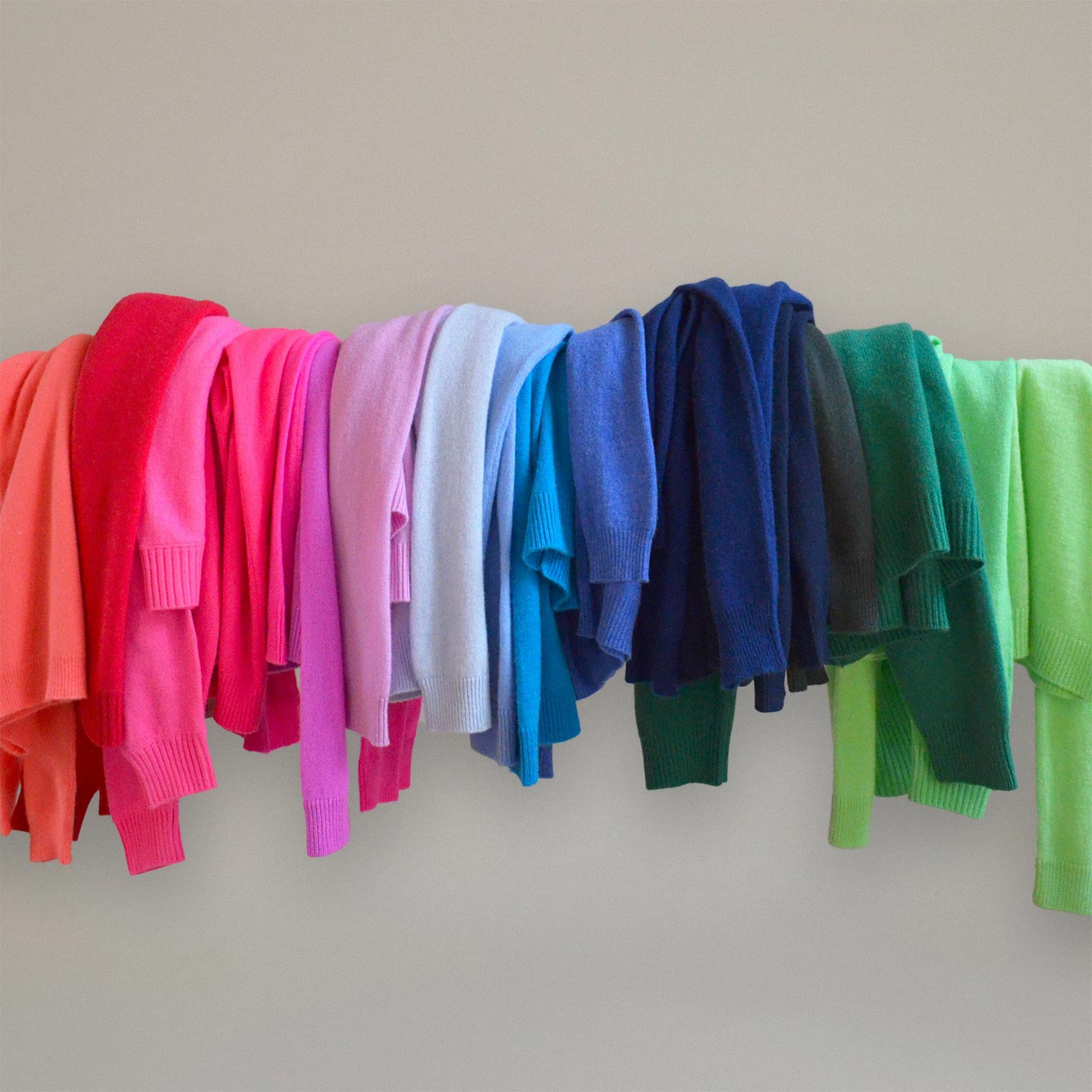
People, animals, and planet first: clothing designed with heart
Our cashmere is sourced from the vast Mongolian countryside, where nomadic herdsmen and their families rely on their animals and the cashmere production for their livelihoods. Through our partnerships with certified organisations, we support these communities by purchasing cashmere in an ethical and sustainable manner. The fibre is harvested only during the goats' natural moulting process, ensuring no harm comes to the animals. This ethical approach reflects our commitment to both quality and responsibility in the fashion industry. We’re proud to share our sustainability journey, and the steps we’ve taken to ensure our cashmere is ethical, sustainable, and responsibly sourced with the welfare of our people, animals, and planet at the heart.
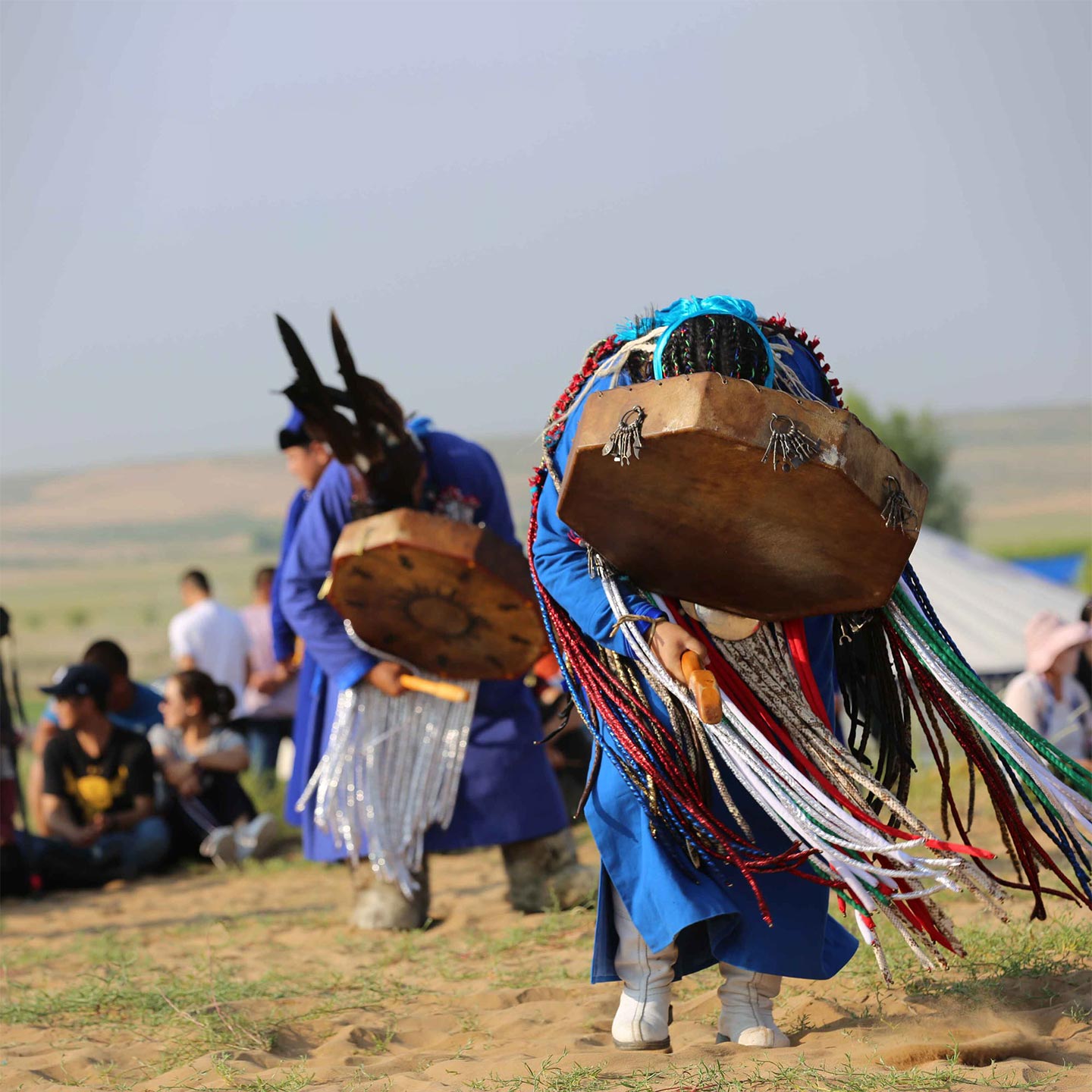
The Land and People
We work with Mongolian herdsman; the goats are their lifeline and their livelihood. Meaning they treat the animals with the utmost care and respect. In Mongolia, cultural farming practices are less common, resulting in minimal pesticide or chemical use in the land. This allows herders the freedom to roam vast expanses, maintaining the natural balance of the environment. Through our partnership with The Sustainable Fibre Alliance (SFA) and our commitment to ethical practices, we are proud to support both the livelihoods of the herders and the preservation of Mongolia's pristine landscapes.
The SFA Cashmere Standard outlines five global principles for responsible cashmere production:
- Effective Management - producers have clear strategies and protocols to safeguard their livelihoods and the welfare of their goats.
- Decent Work - encompassing not only environmental but also social considerations. Ensuring people are given the opportunity to work productively in conditions of freedom, equity, security and human dignity.
- Biodiversity and Land Use - herders and their communities will help reduce the negative impacts of cashmere production on the natural resources of rangelands.
- Animal Welfare - The SFA draws on traditional knowledge and internally recognised best practice to ensure goat health and wellbeing.
- Fibre Quality and Improvement - Rather than establishing a base quality grade that must be achieved, the focus is on promoting the adoption of practices that are aimed at producing the best quality fibre possible and improving fibre quality over time
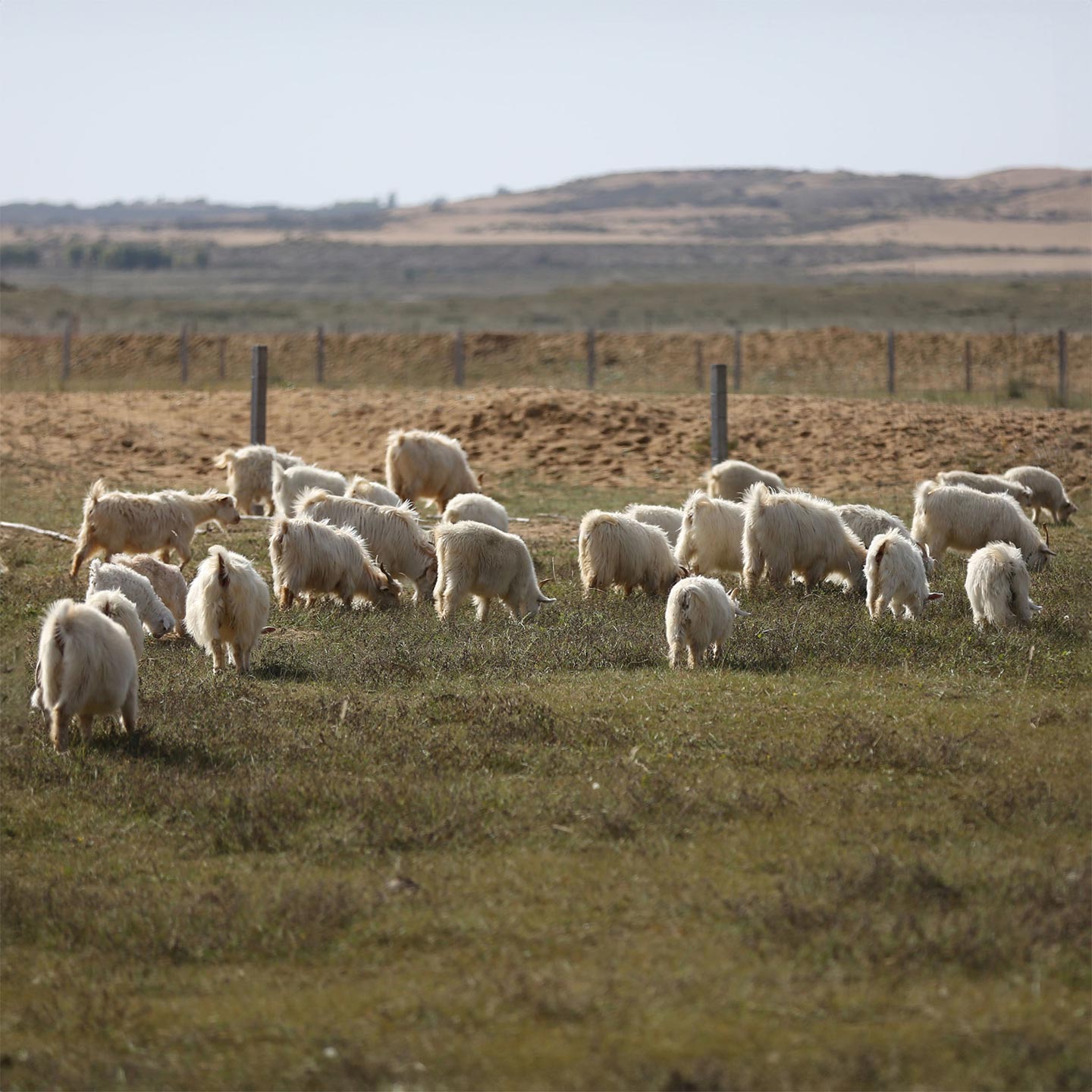
The Animals
During the natural moulting process in spring, the herdsman work with goats as they naturally shed their cashmere hair. Handled with the utmost care, each goat is gently combed by hand, a kind process that avoids the use of shearing or electricity. This task is undertaken by the herders' families, who deeply value their goats as cherished parts of their family and treat them accordingly.
Following this compassionate grooming, the cashmere hair is sorted by colour and readied for collection. We only work with trusted and approved traders, who collect and transport the precious cargo to our factories. This meticulous process, rooted in respect for the animals and their natural cycles, ensures that only the finest quality cashmere reaches our production facilities.
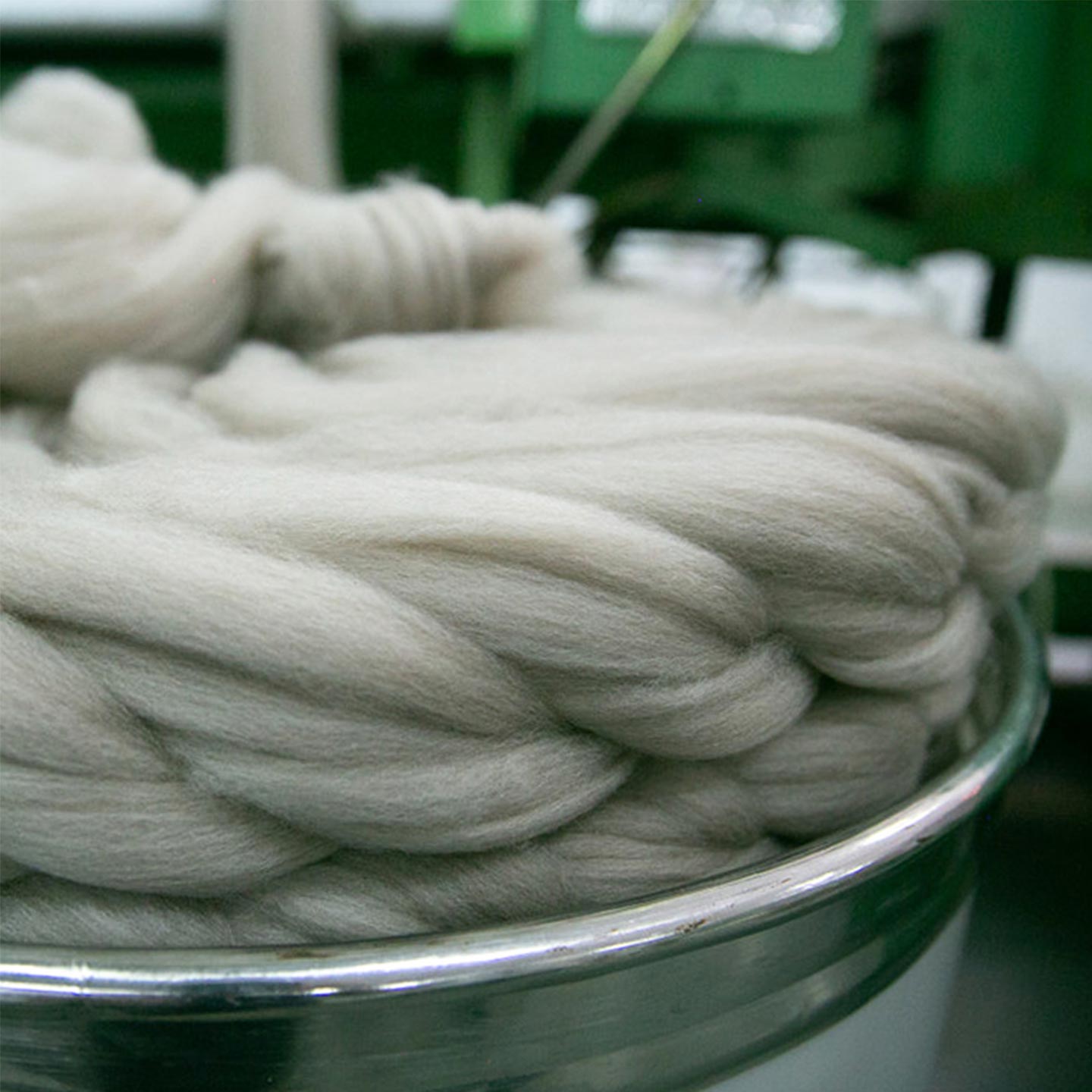
Quality Fibres Guaranteed
As proud members of The Sustainable Fibre Alliance (SFA). We use 100% Grade A Mongolian cashmere. Why is this important? Well Mongolian goats have longer hair, so during the carding and spinning process we can turn the yarn more often, making it much stronger. Strengthened yarn, makes for a better-quality product, which means better longevity of your beloved item, less pilling and generally something that can be loved for a lifetime. This is not fast fashion.
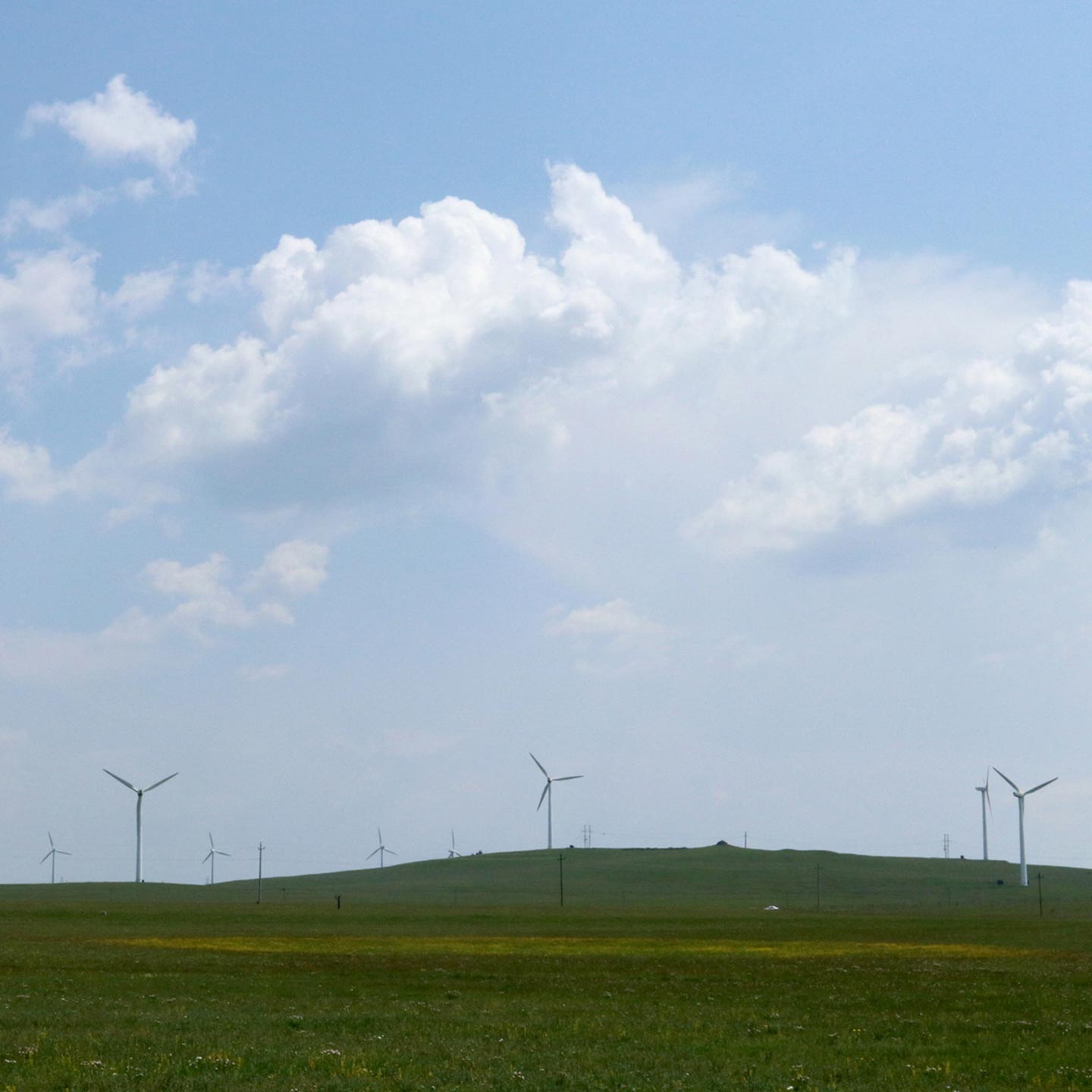
Planet First
Cashmere, being a natural fibre, is biodegradable and renewable. Unlike synthetic materials such as nylon and polyester, cashmere has no microplastics and poses no environmental concerns regarding decomposition. Thus it leaves behind no lasting waste, underscoring our commitment to sustainability and a planet first strategy.
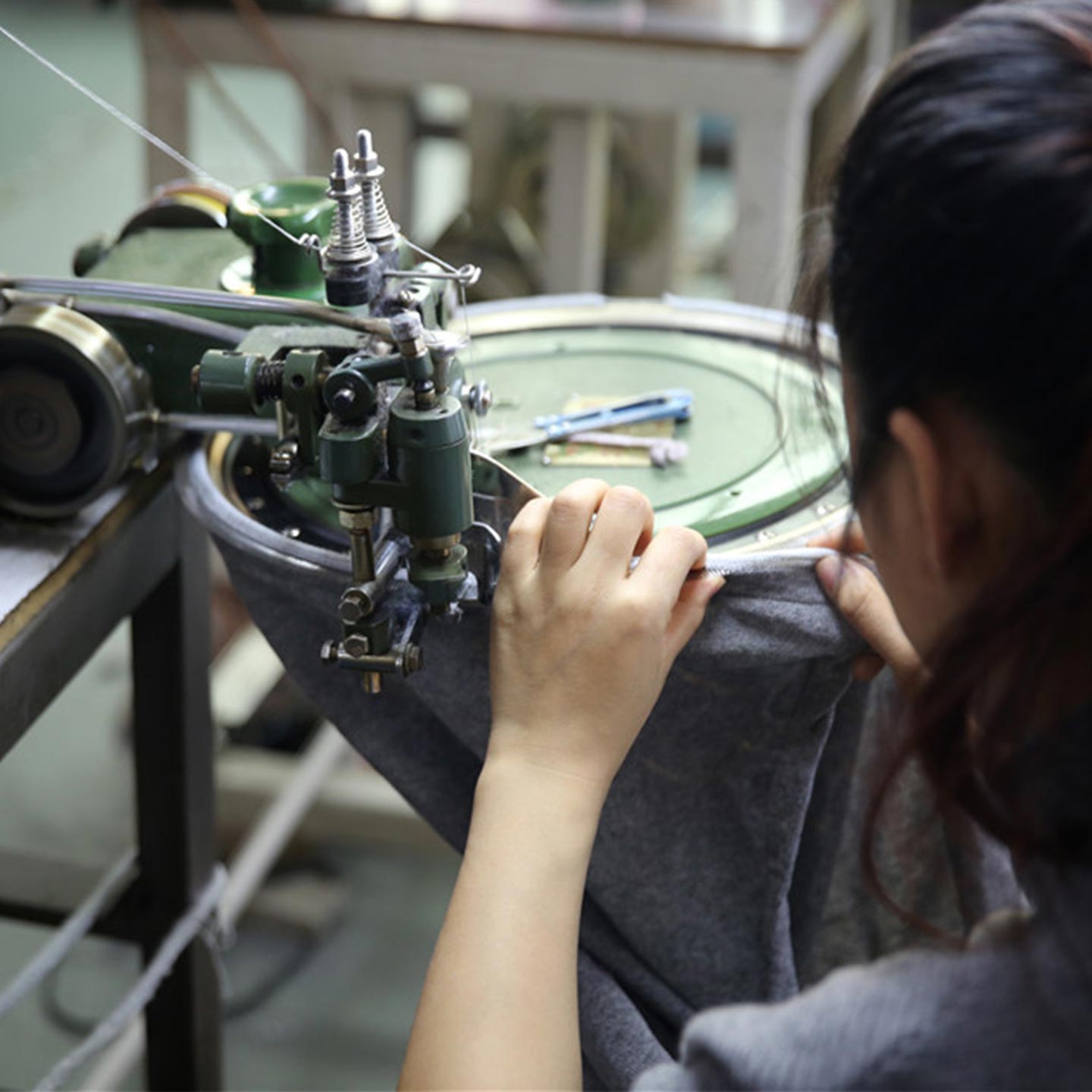
A Meticulous Process
Just as carefully and lovingly as the hair harvested from the goats by the herdsmen and their families, our yarn and knitwear factories have a meticulous process to ensure quality and environmentally sustainable practises. With certifications that cover everything from animal welfare to land preservation and protection, plus ensuring the fibres are ethically sourced.
Scouring (Wash): Our cashmere hairs undergo a thorough washing process within a closed-loop water system. Water used in the process is cleaned and recycled, minimising water waste and environmental impact.
Dehairing: Through mechanical dehairing, cashmere hairs are separated into two groups: course hair known as guard hair and fine hair which is known as pure hair. Nothing is wasted as the guard hair is repurposed for bedding materials, pure white cashmere hairs are selected for dyeing, allowing for the vibrant array of colours we use in our designs.
Dyeing: We utilise non-toxic, ISO-accredited dyes custom-made in Europe. By employing a limited number of colours and blending fibres, we can achieve a wide range of shades while minimising chemical usage.
Carding & Spinning: The fibres are carded and spun to create yarns. Carding, a mechanical process, aligns fibres vertically to form a roving yarn. This roving yarn is then spun on a spinning mule to add twist, resulting in premium-quality yarns developed through years of testing.
Knitting: Our garments are crafted using state-of-the-art knitting machines, ensuring precision and quality in every stitch.
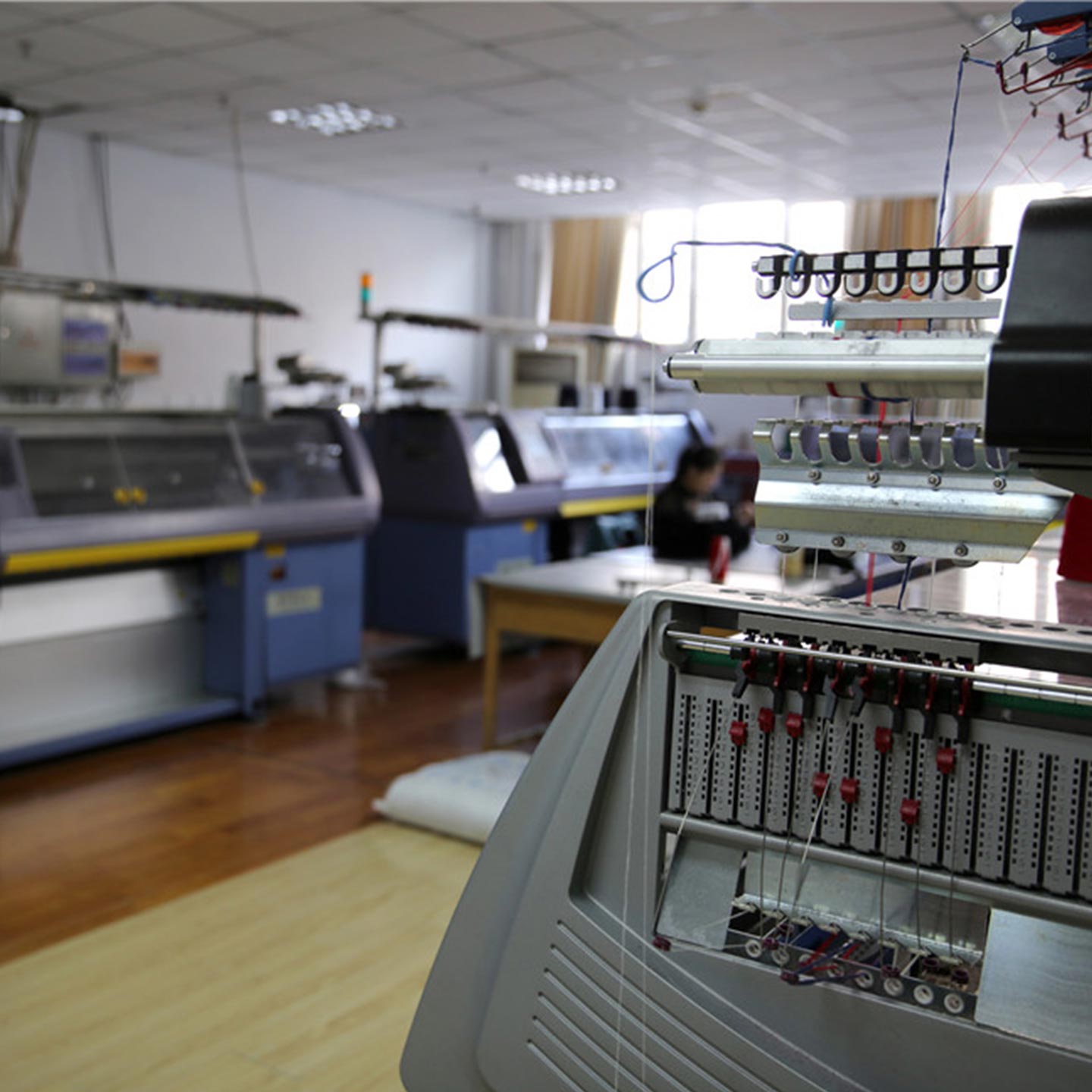
Our Factories
Our commitment to sustainability is reflected in our choice of partners and the certifications they maintain, which encompass various aspects such as animal welfare, land preservation, and ethical sourcing of fibres. These certifications provide assurance to you, our customers, that our products meet stringent standards and adhere to responsible practices throughout the production process.
Certifications include:
- GCS - GOOD CASHMERE STANDARD: covering animal welfare and environmental protection.
- GOT - GLOBAL ORGANIC TEXTILE STANDARD: organic raw materials and environment protection.
- HIGG VFEM – environment protection.
- OCS - ORGANIC CONTENT STANDARD: organic raw materials.
- OEKO-TEX - product safety.
- RWS - RESPONSIBLE WOOL STANDARD: animal welfare and land protection for wool.
- SFA - SUSTAINABLE FIBER ALLIANCE: animal welfare and land protection for cashmere.
They are members of The Sustainable Fibre Alliance (SFA) and have SMETA (Sedex Members Ethical Trade Audit) certification, which is for social responsibility and labour standards. SMETA is the most widely used format for social audits in the world, enabling businesses to assess their sites and suppliers to understand working conditions in their supply chain.
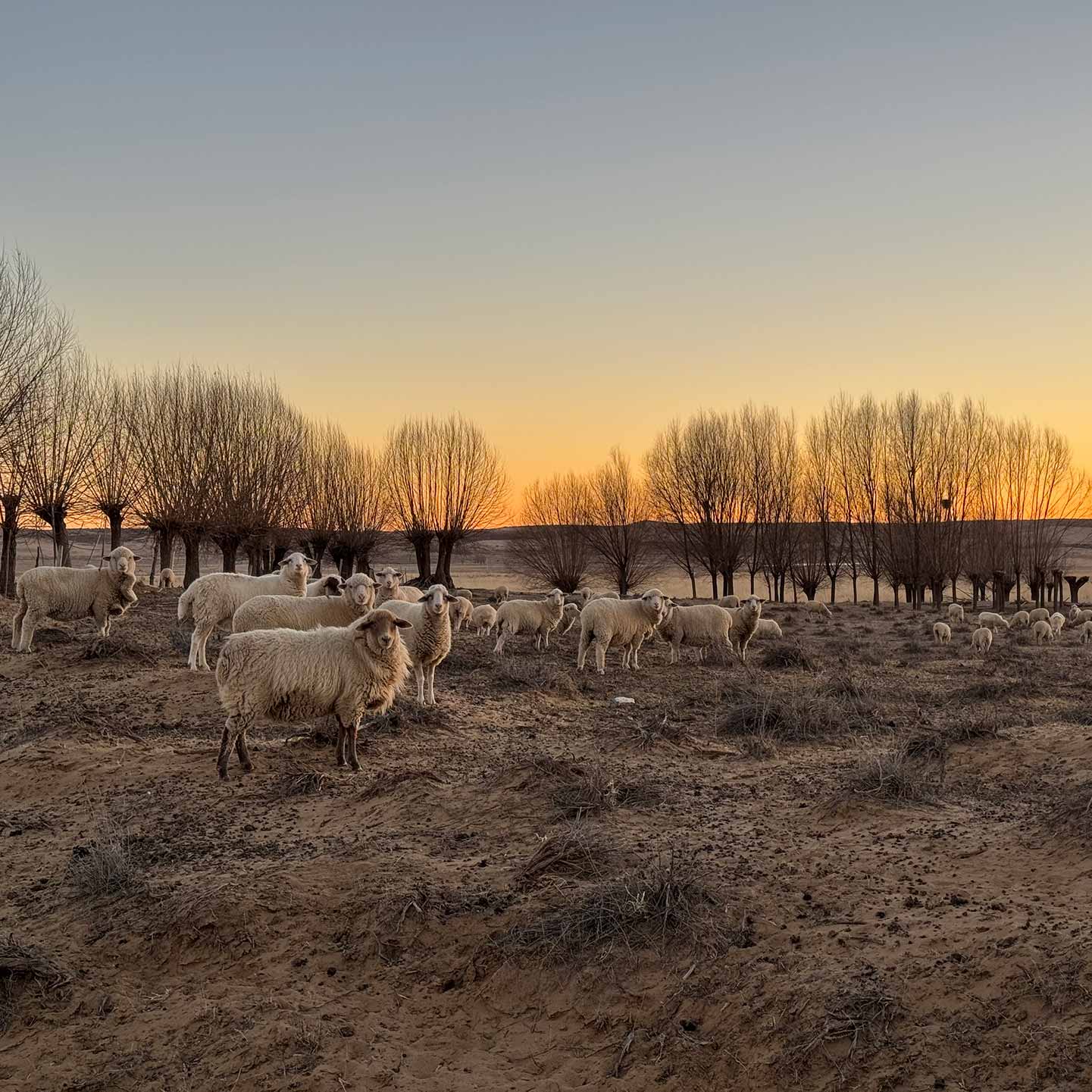
Our sustainability journey so far...
We’re proud of our progress in sustainability, however we recognise there’s always more that can be done. Our journey towards a more sustainable future is ongoing, and we're committed to implementing new initiatives and driving ethical change in the fashion industry. With each step forward, we aim to make a positive impact and contribute to a more sustainable and responsible fashion ecosystem.



